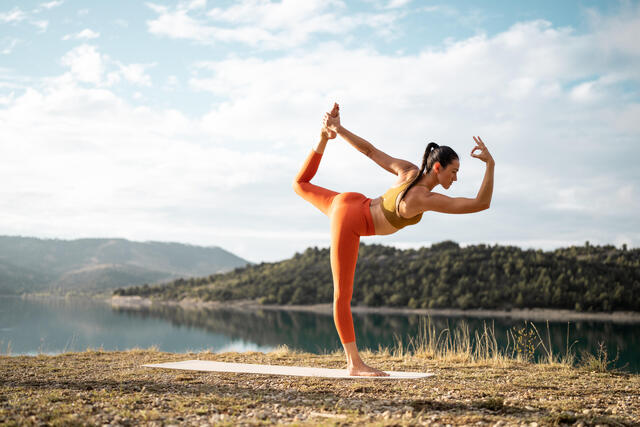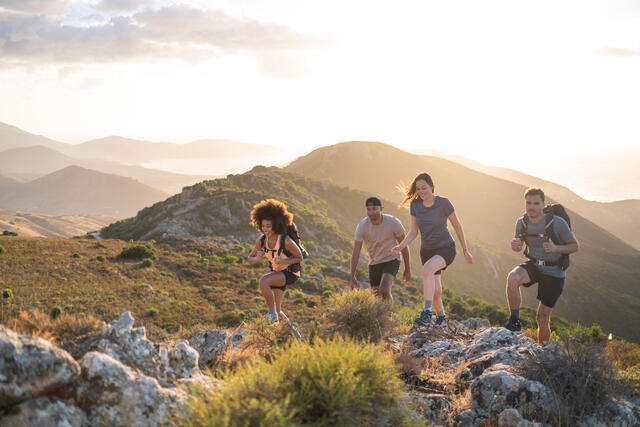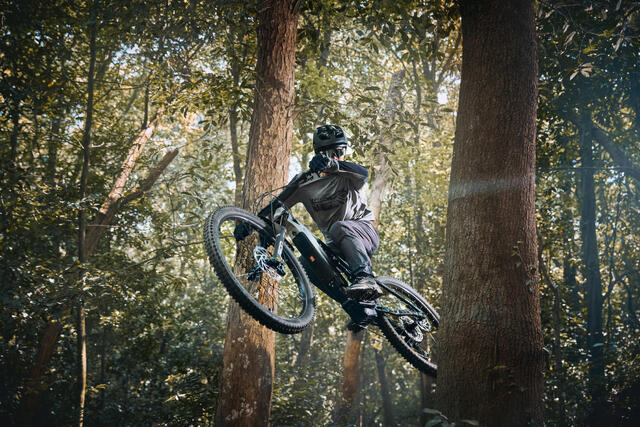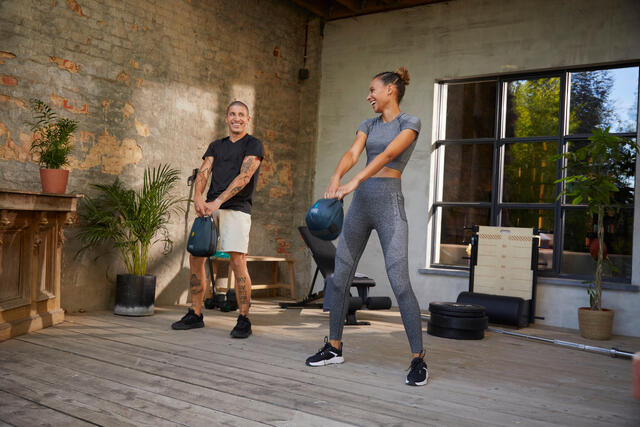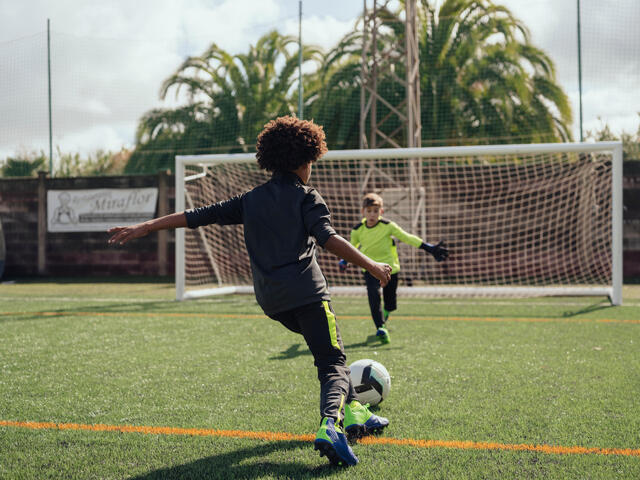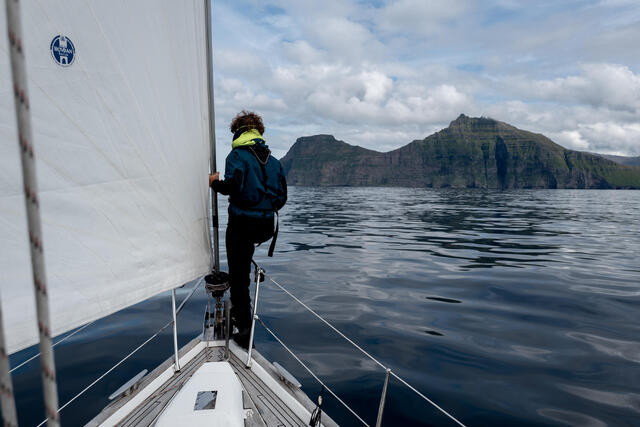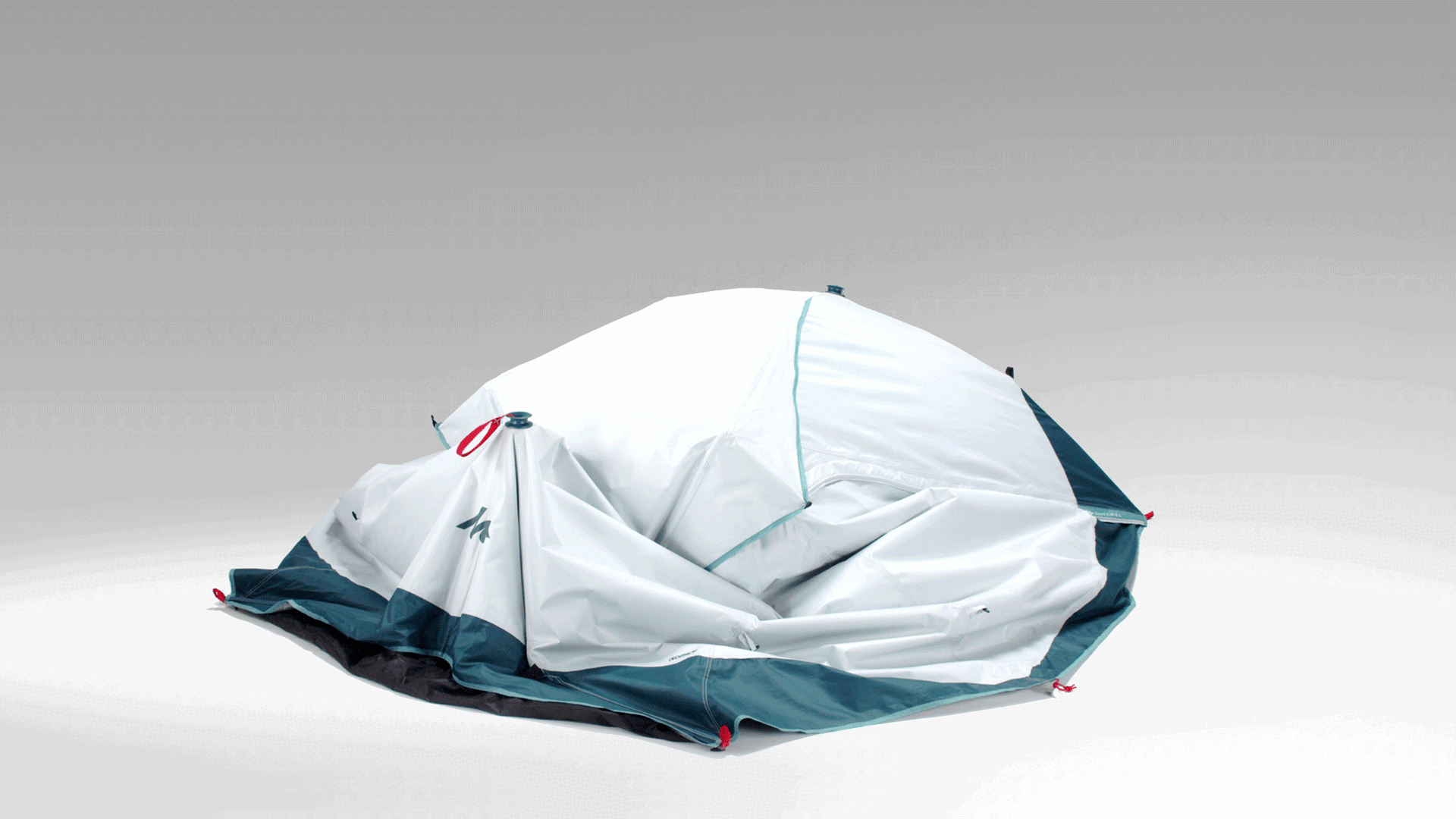How Big do I Want My Tent to Be?
If I'm camping with kids, how many tents will I need?
The type of experience you want from a tent can play a massive part when deciding what to bring camping. It’s widely believed that 60cm is the minimum size of tent you need per person. However, while some people only see their tent as a sleeping pod, others see it as their home, a place where they can spend a large part of their trip, especially those who are taking their family camping.
So, whether it’s a tent that is a dome or a tunnel, has its own separate bedrooms, living room space or even just the number of doors, making these decisions early to get this right will save time, effort and maybe even money when going camping.
Along with the size of your tent, if you are bringing your children camping, you’ll need to decide whether they will be in the same tent as you or their own private lodgings. This could depend on their age and how keen they are on learning about building and living in their tent.
